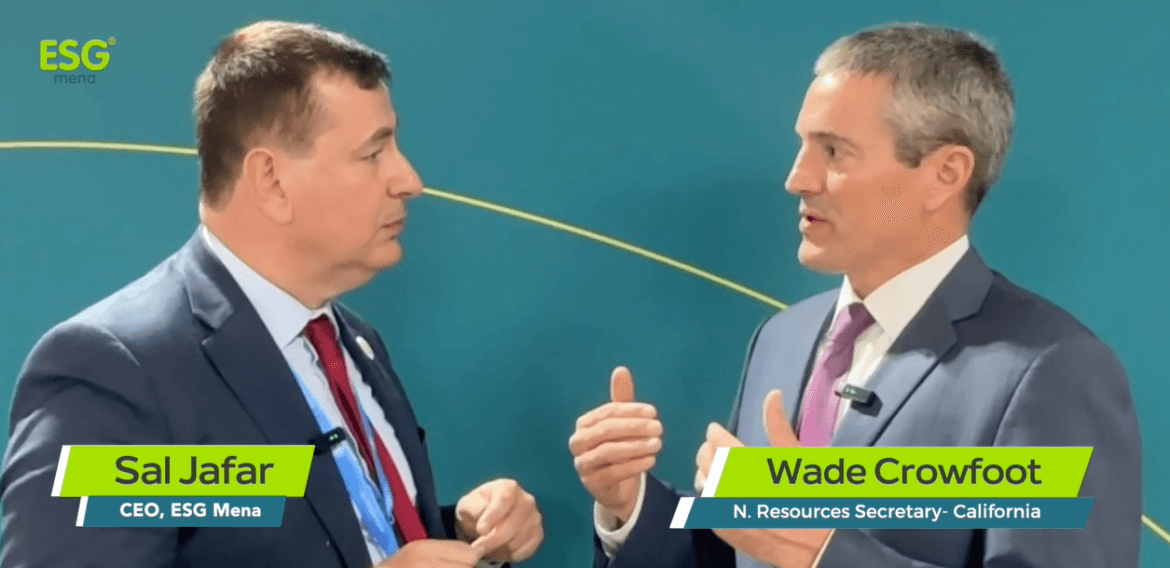Sal Jafar, CEO of ESG Mena and Wade Crowfoot, Secretary of California’s Natural Resources Agency, discuss the State’s bold move to mandate electric vehicle (EV) production.
ev
-
According to the latest Gartner forecasts, 85 million electric vehicles (EVs) will be on the roads by the end of 2025. The technological research and consulting firm projects that the …
-
Smart electric vehicle (EV) company NIO has announced a partnership with Abu Dhabi-based investor CYVN Holdings to launch NIO MENA. The joint venture (JV), supported by strategic investments from CYVN …
-
PlusX Electric, a new entrant in the electric vehicle (EV) charging market, has announced its official launch in the UAE. In a statement this week, the company said that it …
-
Newrizon, a Chinese commercial electric truck maker and charging solutions company, Savvy Charging Technologies, have announced a partnership. According to Huang Chendong, CEO of Newrizon, the partnership is aimed at …
-
UAE automotive dealership Al Tayer Motors has signed an agreement to distribute the Electric Vehicle (EV) brand DEEPAL and establish a network of sales and service facilities. An inaugural showroom …
-
US-based Loop Global Inc., a turnkey provider of EV charging solutions, launched its regional office in Abu Dhabi this week. According to Loop CEO Olga Shevorenkova, the overarching aim of the …
-
Huawei and Kawar Energy have formed a strategic collaboration to install Huawei’s superchargers at Manaseer gas stations across Jordan. Spanning two years, the MoU also outlines future plans for both …
-
Gaussion, a University College London (UCL) spinoff, has raised $12 million for its fast-charging battery tech. The company’s solution enhances battery performance using an external magnetic field during charge and …
-
Riyadh Air has announced the launch of a fleet of electric coaches for employee transport. The fleet has launched in partnership with National Transportation Solutions Company, “NTSC,” a division of …




